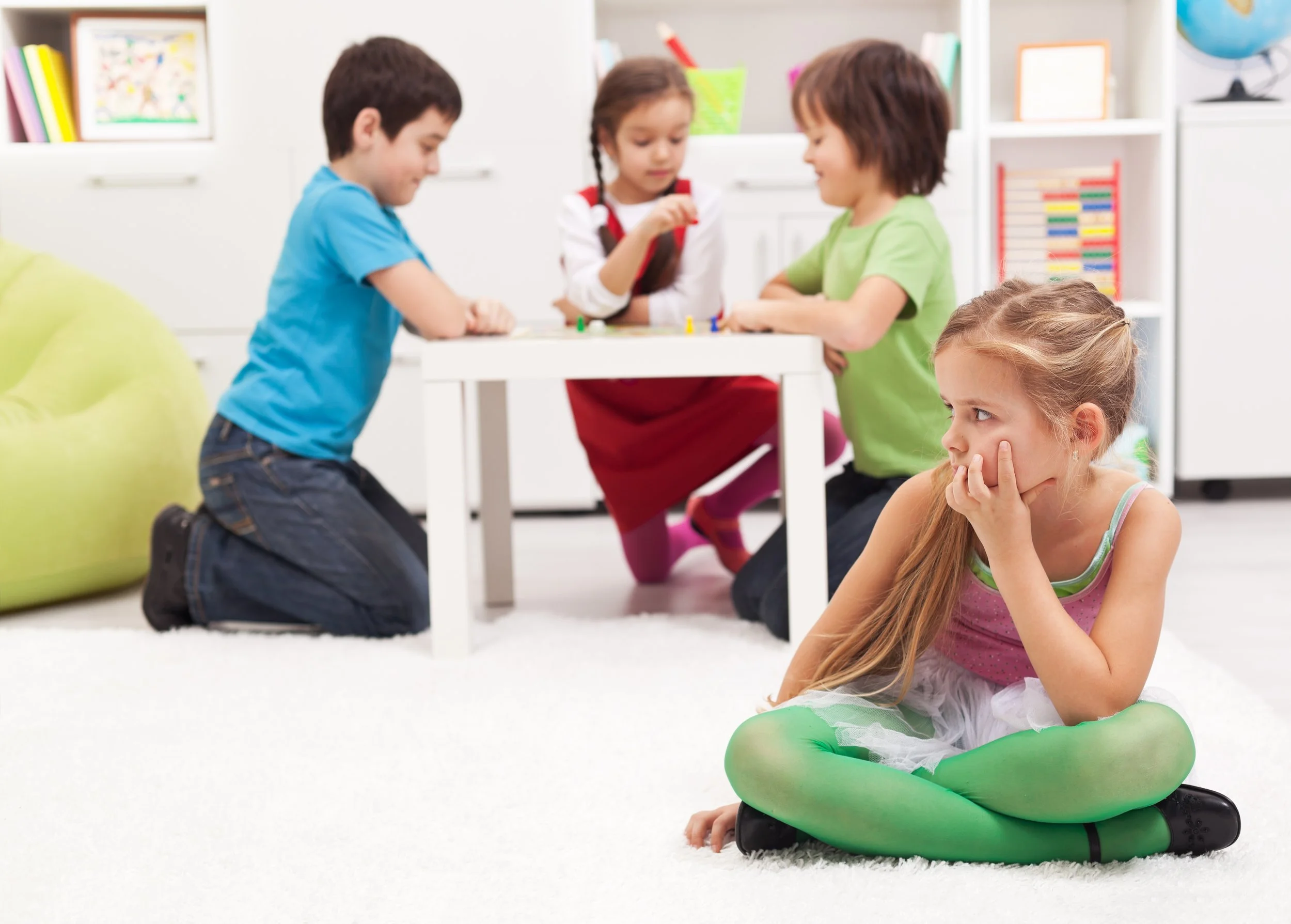Setting the limits.
This can be a tricky one for some families. Where and what constitutes limits? How do I manage setting limits that are different from other families? Can limits vary from situation to situation?
Let’s discuss why limits are important. They are necessary to give the child boundaries, so that they know exactly what they are dealing with and to give clear and accurate directions to your child.
If a child has no understanding of boundaries they cannot measure success, achievement and above all they have no awareness of what standards you have put in place. In most situations they do want to please and giving no direction only confuses them. As the parent children do expect such guidance. Imagine starting a job without a set of criteria and rules to govern how you work.
Every family should have a strong policy that setting boundaries is part of their family life. The boundaries you set may be different from other families. Your expectations, family circumstances etc. are unique to yourselves.
Of course there will be challenges. In fact, the challenges children give us in stretching limits are also a time for families to discuss their values and to adjust boundaries as they see children grow and cope with challenges. Setting limits is also very much about you in managing your parenting.
Remember that setting boundaries gives you the parent, the ability to reflect on your own parenting. This may mean changing directions from time to time and being flexible when boundaries need adjustment as the child grows into different stages.
Consider the following thoughts when setting boundaries for children.
Every family should have a strong policy that setting boundaries is part of their family life.
· Be clear in what you say. Keep the directions simple.
· Set a boundary that is within reason for the age of the child.
“ You can play in the front yard but do not go beyond the gate”
“That party will be possible. However, I will pick you up at 10:00pm.”
Remember that a boundary should be natural and the consequences logical should the child go over the limits.
Ensure that when you set a limit, it is fair and just. Also, it is most important that the child understands why you have set the limit.
Keep in mind that from time to time, the limits set may change, especially if the child demonstrates an ability to honour the limit. Regular affirmation of the child is helpful when limits are honoured.
Discuss as a family why setting limits is important to you the parent. In the discussion, highlight how it helps you support their needs and at the same time supports your responsible parenting.
Teachers discuss limits intermittently throughout the day. They could not teach effectively without the ability to set limits. It could be regarding curriculum matters, discipline, setting goals, sport etc.
Children understand that setting limits gives them direction., strengthens self discipline and further builds cooperation between teacher and child. They have a better understanding of what is expected of them and they can assess how successful they were in the light of the limits and goals set.
No surprises that a child from time to time will challenge limits set and that family tension becomes a growth curve for parent and child.
It is a natural tension that if handled carefully and with respect of both parties, ensures that child and parent grow together.
“Caring for children is a dance between setting appropriate limits as caretakers and avoiding unnecessary power struggles that result in unhappiness.”


















